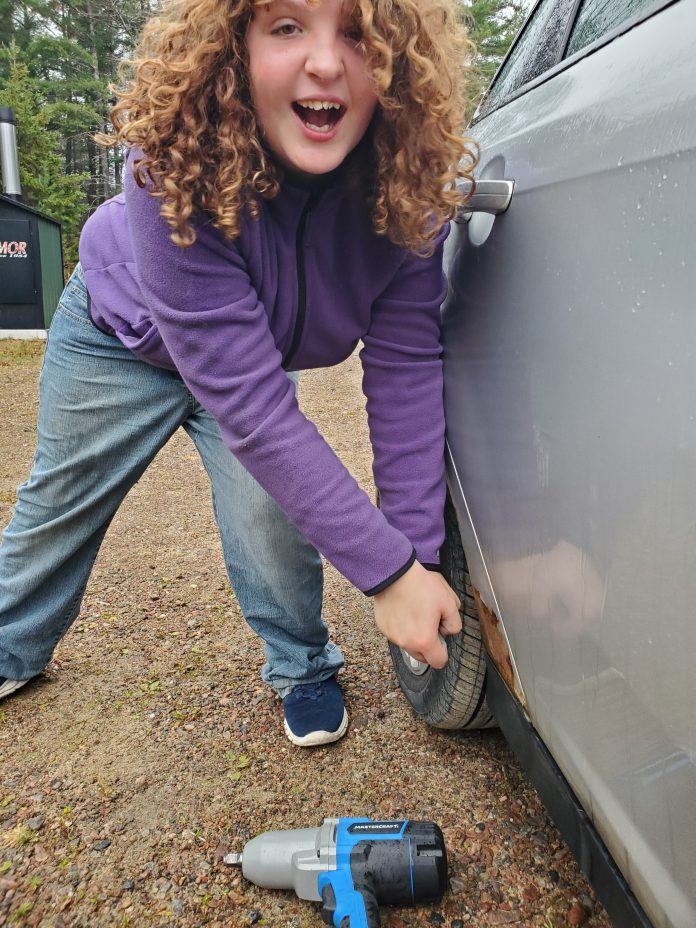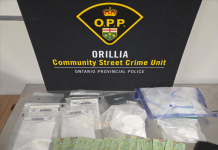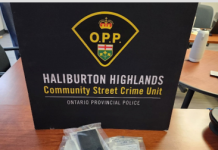
Many of the skills and knowledge needed in day-to-day life are self-taught or learned the hard way through trial and error. Students in Grades 11 and 12 at F.J. McElligott Secondary School in Mattawa are getting a head start on the real-life skills they need to function as independent adults through the school’s unique universal skills class.
Teachers Keith Dillabough and Katrina Dalcourt instruct students in a wide variety of skills that aren’t typically taught in school, including household and car repairs to renewing driver’s licenses and filing taxes.
“When you become an adult and are on your own, you will need to learn these skills. Most of us have learned the hard way, through experience. Experience is a harsh teacher; it gives you the exam first and then the lesson. We are trying to give the students the lesson first,” Dillabough said.
The broad range of skills taught covers nearly all aspects of daily life. In the mechanical and household maintenance section students learns to fix things that would otherwise cost hundreds of dollars were they to hire a professional repair person. These skills include fixing a toilet, changing a spare tire, repairing holes in drywall, pest control, unclogging sinks and toilets, spotting problems in your house that need attention and ultimately when to call for help.
Students also learn about navigating the world of government and paperwork and are taught how to apply for social insurance numbers and passports, renew health cards and drivers’ licences and how employment insurance (EI), Canada Pension Plan (CPP), taxes and benefits work.
Managing finances is another important component of the universal skills class. Students learn how to understand lease agreements, basic contract law and consumer protection laws, credit cards and how to use them properly, and monthly budgeting.
Dillabough hopes that his students will have a leg up in life thanks to the skills they learn in the class. Like many of us he had to figure things out as he went along.
“[I learned] all of these basic life skills, mostly the hard way, through experience, but also listening to my Dad, friends, neighbours and family. I also learned to tell the knowledgeable ones from the ones who have no idea what they are talking about,” he added.
Another key component to the class is learning about mental health and wellness. Students learn about different types of coping strategies, mental health resources and agencies that can help, healthy relationships, where to be tested for sexually transmitted infections (STI) and obtain resources, and how to care for a newborn.
“The kids love it, the parents love it even more and are quick to help out with any supplies we need,” Dillabough said. “The students don’t necessarily enjoy doing everything at the time, but they will appreciate learning it later in life.”







